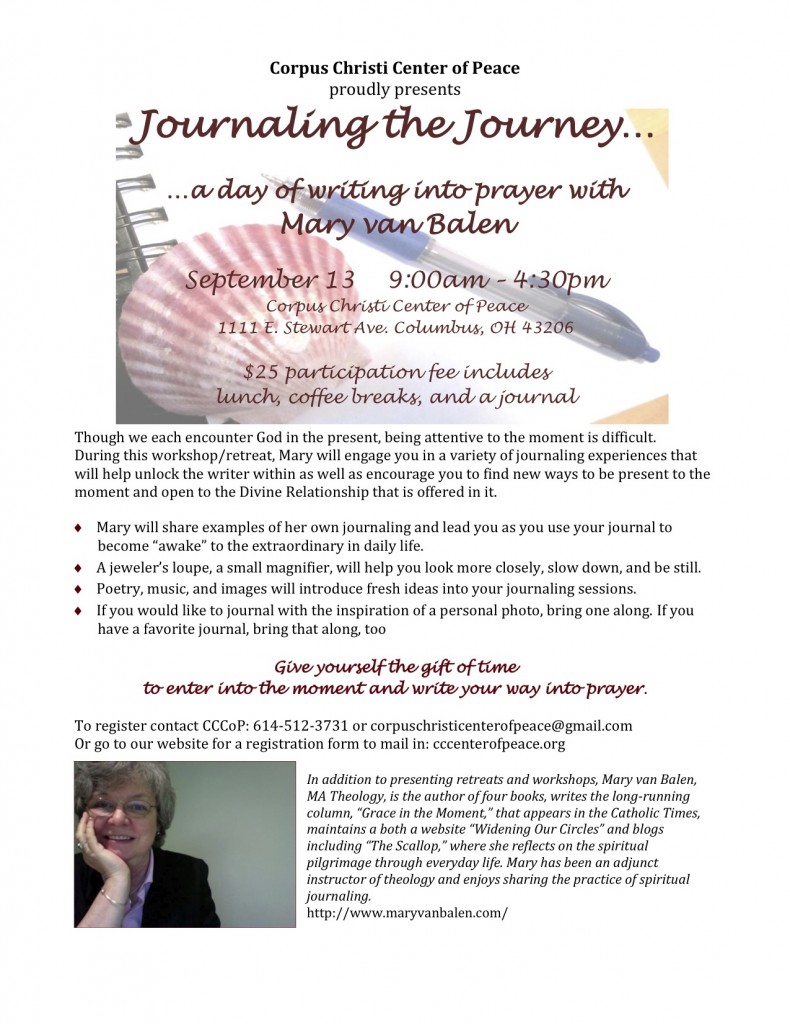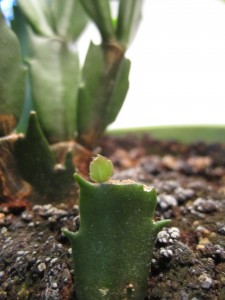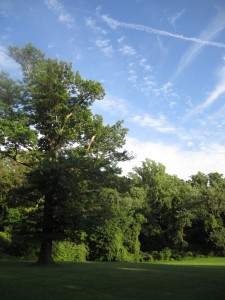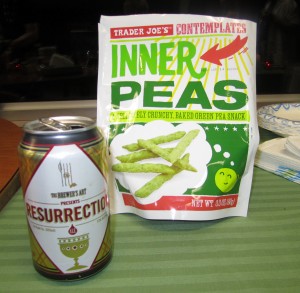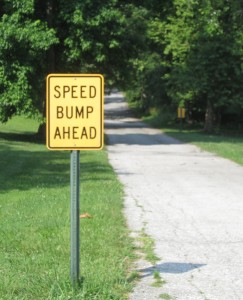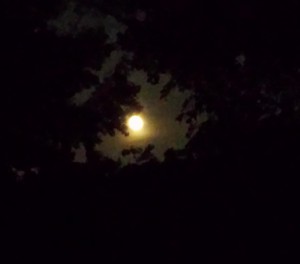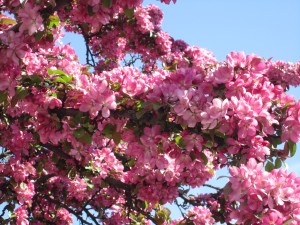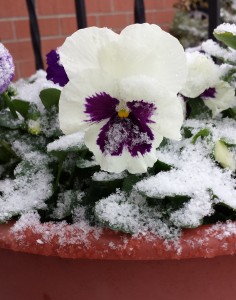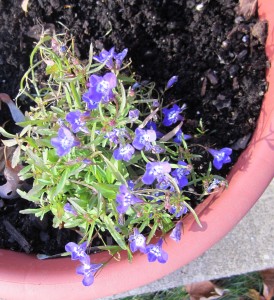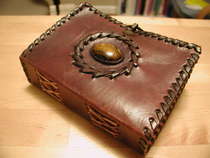 Journaling has long been a way of prayer for me. Writing can help me be present to the moment, aware of Grace in ordinary experiences. It also helps me reflect on life as it unfolds. Sometimes it’s a book or movie that touches my spirit. Sometimes a passage from Scripture or a photo, or a conversation. It might be current events or listening to YoYo Ma.
Journaling has long been a way of prayer for me. Writing can help me be present to the moment, aware of Grace in ordinary experiences. It also helps me reflect on life as it unfolds. Sometimes it’s a book or movie that touches my spirit. Sometimes a passage from Scripture or a photo, or a conversation. It might be current events or listening to YoYo Ma.
What begins as thoughts and feelings scribbled across pages becomes prayer: Lament, thanksgiving, plea for help, or simple amazement. My journals are my books of prayer.
Come join me on Sept. 13 at Corpus Christi Center of Peace and begin to create your own. We will spend the day exploring different approaches to journaling. Whether you are new to the practice or an experienced journaler, you’ll find something new to take home with you.
